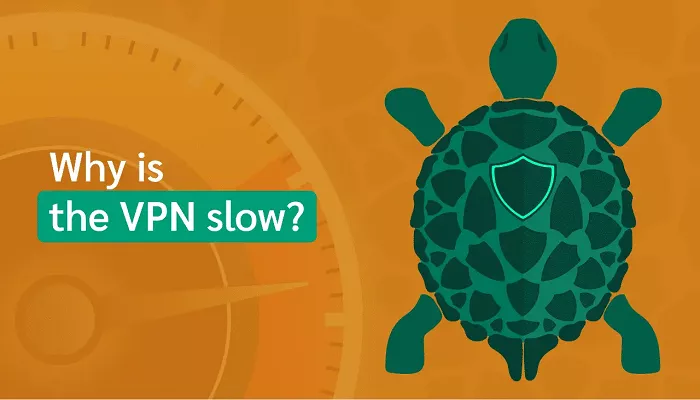Virtual Private Networks (VPNs) are essential tools for enhancing online privacy and accessing geo-restricted content. However, users often experience reduced internet speeds when using VPNs, and Hola VPN is no exception. This article explores the reasons behind Hola VPN’s slow performance and offers practical solutions to improve your browsing experience.
What is VPNs and Internet Speed
A VPN encrypts your internet traffic and routes it through a server in a different location. While this process secures your data and can grant access to region-specific content, it often results in slower internet speeds due to factors like encryption overhead and increased latency.
Factors Contributing to Hola VPN’s Slow Speeds
Several specific factors can cause Hola VPN to slow down your internet connection:
1. Peer-to-Peer (P2P) Network Structure
Unlike traditional VPNs that use dedicated servers, Hola operates on a peer-to-peer network. This means users’ devices act as both clients and servers, routing traffic through each other’s connections. While this approach reduces operational costs, it can lead to inconsistent performance and slower speeds, especially if the peers you’re connected through have limited bandwidth.
2. Network Routing Inefficiencies
The speed of your data transmission through a VPN is directly related to how it’s routed. Inexperienced VPN providers may not efficiently route data, leading to slower speeds. Hola’s unique P2P structure can introduce additional routing inefficiencies, further impacting performance.
3. Network Setup and Interference
Using Wi-Fi networks instead of wired connections can result in lower speeds. Additionally, interference from other devices or software conflicts can affect VPN performance. Hola’s reliance on users’ devices for routing means that any network setup issues or interferences can significantly impact speed.
4. Server Load and Bandwidth Limitations
Since Hola relies on users sharing their bandwidth, the availability and speed can vary depending on the number of users online and their respective internet speeds. High server loads and limited bandwidth among peers can lead to slower connections.
5. Security Software Interference
Firewalls, antivirus, or anti-spyware programs can block or slow down VPN connections. Temporarily disabling these applications (remembering to re-enable them after testing) can help determine if they’re causing the slowdown.
How to Improve Hola VPN’s Speed
If you’re experiencing slow speeds with Hola VPN, consider the following tips to enhance your connection:
1. Update Hola to the Latest Version
Ensure you’re using the latest version of Hola, as updates often include performance improvements that can enhance speed.
2. Select a Nearby Country
If accessing content from a specific country isn’t necessary, connect to a country closer to your actual location. Shorter distances can reduce latency and improve speed.
3. Use a Wired Connection
Connecting your device directly to your internet router using an Ethernet cable can provide a more stable and faster connection compared to Wi-Fi.
4. Reboot Your Device and Router
Restarting your device and router can clear cached networking settings that might be causing slowdowns.
5. Temporarily Disable Security Software
Temporarily disabling your computer’s antivirus or firewall can help determine if these programs are interfering with your VPN connection. Remember to turn them back on after testing.
6. Ensure Browser Compatibility
Make sure you have the latest version of your web browser installed, as outdated browsers can cause compatibility issues that affect VPN performance.
7. Reinstall Your Web Browser
Uninstalling and reinstalling your web browser can resolve issues related to browser configurations that might be affecting VPN speed.
Considering Alternatives
If you’ve tried all the above steps and still experience slow speeds with Hola VPN, it might be worth considering alternative VPN services. Premium VPNs with dedicated servers often provide more consistent and faster connections.
Conclusion
While Hola VPN offers a free solution for accessing geo-restricted content, its unique peer-to-peer structure can lead to slower internet speeds. By understanding the factors that contribute to these slowdowns and implementing the suggested improvements, you can enhance your browsing experience. However, if speed and reliability are critical for your online activities, exploring other VPN options may be beneficial.

